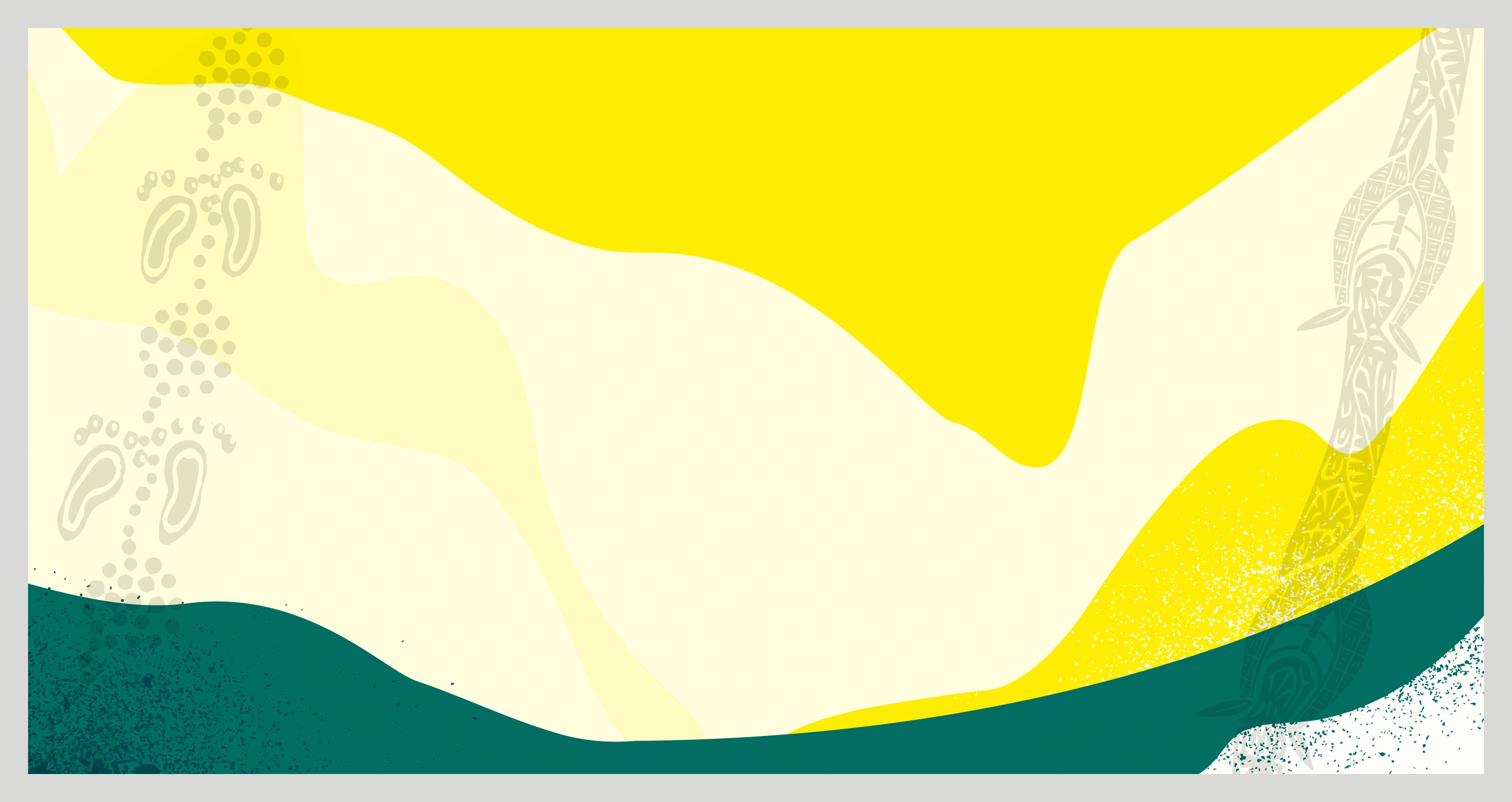
Error 404
Well, that was unexpected! Keep on going and you'll find what you're looking for.
Australian Olympic Team Partners
The Australian Olympic Committee acknowledges Aboriginal and Torres Strait Islander peoples of this nation.
We acknowledge the Traditional Custodians of all the lands on which we are located. We pay our respects to ancestors and Elders, past and present.
We celebrate and honour all of our Aboriginal and Torres Strait Islander Olympians.
The Australian Olympic Committee is committed to honouring Aboriginal and Torres Strait Islander peoples’ unique cultural and spiritual relationships to the land, waters and seas and their rich contribution to society and sport.
We and our partners use cookies and other tracking technologies to manage our website, understand and track how you interact with us and offer you more personalized content and advertisement in accordance with our Cookies Policy. By clicking "Accept All Cookies" you agree to such cookies, which are being implemented by the International Olympic Committee ("IOC") in accordance with the IOC's Privacy Policy and the IOC Cookies Policy. Otherwise and if you wish to learn more about our use of cookies click here.
Show more